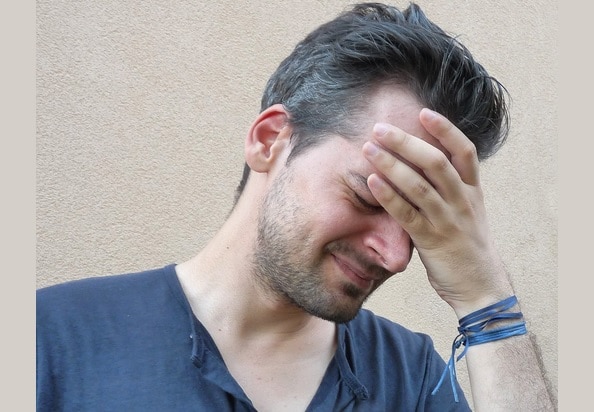
As I have reported here over the years, meclizine (Antivert) is a commonly prescribed medication for the treatment of vertigo. A recent survey reveals that meclizine is prescribed to 21.4% of elderly patients complaining of a “balance or dizziness problem.” Meclizine is an anti-cholinergic that reduces nausea from acute vestibular disorders as well as motion sickness.
In fact, over the counter Dramamine II is a low dose of meclizine.
There are two significant potential negatives related to the use of meclizine. The foremost is that is it more often than not prescribed for the more vague complaint of “dizziness”, which might include vertigo and nausea. But, just as often, the specifics of the patient’s complaint of dizziness does not include nausea, but rather disequilibrium, lightheadedness, and/or visual blurring with head movement (oscillopsia). There is nothing in meclizine that would positively impact these symptoms.
The second potential negative is the known sedating qualities associated with meclizine even when it is used effectively for vertigo and nausea. Most patients will describe feeling very drowsy, but studies have shown decreased recognition time and decreased performance on psychometric tests.
A French company, Sensorion, is launching clinical trials of a new medication, described as “SENS-111, a new selective non-sedative H4R antagonist.” The clinical trial hopes to establish substantial benefit in reducing the intensity and duration of vestibular induced vertigo and nausea, with significantly lower sedating qualities. According to Nawal Ouzren, Chief Executive Officer of Sensorion. “Currently, there is no effective and safe immediate treatment for these events, which is critical for these patients. Seliforant has the potential to fill this significant medical need, and the aim of the SENS-111-202 trial is to validate seliforant’s safety and activity, and progress towards registration.”
A 2016 study has already demonstrated that SENS-111 was able to reduce the duration of vertigo over placebo. The study looking at associated sedating side effects is underway.






